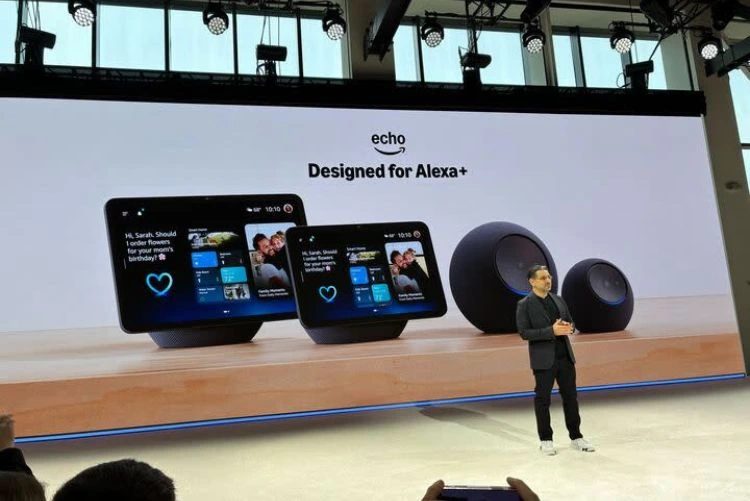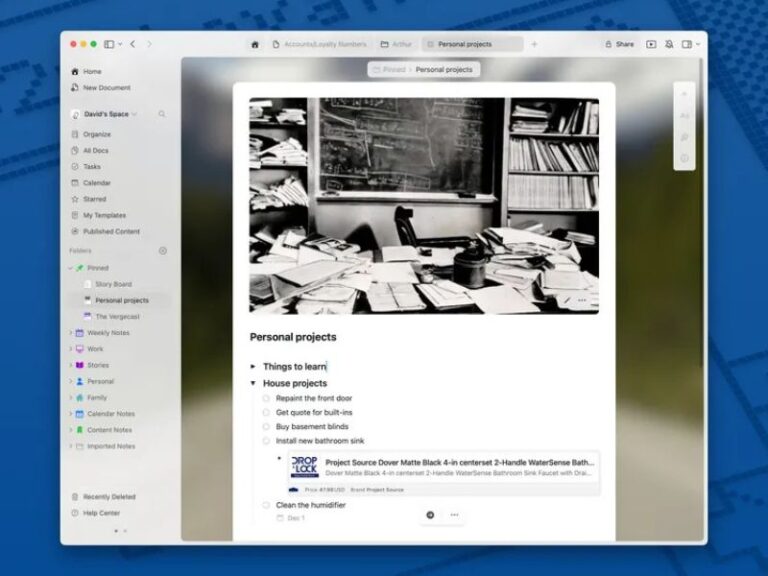Google will soon start letting kids under 13 use its Gemini chatbot: Google Gemini Update

Google Gemini Update: Google is preparing to make a major shift in how children interact with its AI tools. Starting next week, kids under the age of 13 will be able to use the Gemini chatbot, the company’s advanced AI assistant, if their Google accounts are managed by their parents. This update reflects Google’s continued focus on expanding its AI ecosystem to younger users while still maintaining certain safety and privacy standards.
The new feature will be available through Google’s Family Link, a service designed to help parents manage their children’s digital activity. Family Link already lets parents set screen time limits, approve or block apps, and manage content settings. With this move, Google is making Gemini available as part of that trusted space.
Gemini has special safety guardrails for kids
Google says it is adding strong protections and safety checks to the Gemini experience for kids. These include filtered responses, limited access to sensitive content, and controls to prevent misuse. A Google spokesperson mentioned that Gemini will not use children’s conversations or data for training its AI systems. This means that while kids can interact with the chatbot, their personal inputs will not be used to improve or change Gemini’s models.

These safeguards are important because generative AI is still evolving. Although it’s useful for answering questions and generating creative content, it sometimes provides wrong or misleading information. Making it safer for kids is essential, especially when these tools can influence how children learn or think.
The growing interest in AI for young users
The move comes at a time when companies are exploring how AI can be part of children’s learning and daily tech use. Google is not alone in this space. Other tech companies are also working on ways to make AI tools kid-friendly, including offering child-safe versions of virtual assistants and educational tools.
At the same time, experts and organizations are calling for more oversight. Last year, UNESCO (United Nations Educational, Scientific and Cultural Organization) asked governments to set clear rules around the use of AI in education. They emphasized the need for age limits, data privacy protection, and transparency in how these tools work.
The concern is that without proper checks, AI tools can accidentally expose kids to harmful content, bias, or data collection practices. Some AI systems have been known to provide inaccurate results, and younger users may not always have the skills to tell what’s real or reliable. That’s why moves like Google’s, which include parent-controlled access and limited data use, are being closely watched.
Learning potential with Gemini
Despite the risks, AI tools like Gemini can offer unique opportunities for learning. The chatbot can help with writing, explaining topics in simple ways, generating creative ideas, and even offering conversation practice. For children who are curious and enjoy asking questions, this can be a valuable tool when used correctly.

Gemini can support language learning, basic coding, fun facts, and school help, all in a conversational format. This kind of interaction can feel more engaging to children than traditional search results or textbooks. With the right settings, parents might see it as a helpful companion to online learning.
Still, Gemini is not a teacher or tutor. It should be used alongside trusted educational content and under the watchful eye of parents or educators.
Parent controls and transparency
Family Link will play a big role in managing how kids use Gemini. Through this platform, parents will be able to view their child’s activity, set usage limits, and control which apps or features are accessible. This gives families a central way to guide safe digital habits.
The Gemini chatbot itself will also provide age-appropriate responses, with added filters to avoid sharing content that could be unsuitable or confusing. Google says these updates are based on research and feedback from child development experts and educators.
This step is also seen as a way to keep parents in the loop, making sure they have tools to understand how AI interacts with their kids. Transparency will be key to helping families trust these technologies.
Related Post:
- Cheehoo Gets $10 Million to Make Animation Easier with AI
- How Did a Decentralized Service Like Bluesky Go Down?
Tech companies are racing to reach younger users
The move is also part of a larger trend in the tech world. As the AI race heats up, companies are trying to capture the attention of future generations early. By getting kids comfortable with tools like Gemini, Google may be aiming to build long-term users for its platform.
This is not only about education but also about future digital behavior. Children who grow up using chatbots and AI tools may become more comfortable using them later in life, whether for work, school, or creative hobbies.
But this also increases pressure on tech companies to do it right. With children involved, the stakes are higher. Governments, educators, and families will be watching closely to see how these tools develop and what kinds of protections stay in place.
As Gemini becomes available to more users, including those under 13, Google is setting an example of how AI might become part of everyday tools for younger audiences. The approach includes privacy, family controls, and safe use, but the long-term impact depends on how well these features work in real life.
Families using Gemini with their children will need to stay involved, monitor interactions, and help guide the learning process. With good support and oversight, tools like this can offer a smart and creative boost to children’s digital lives. Still, this marks a big shift. AI is no longer just for adults or professionals. With this change, kids are stepping into a world where machines talk back, and learning how to do it safely becomes part of growing up.






